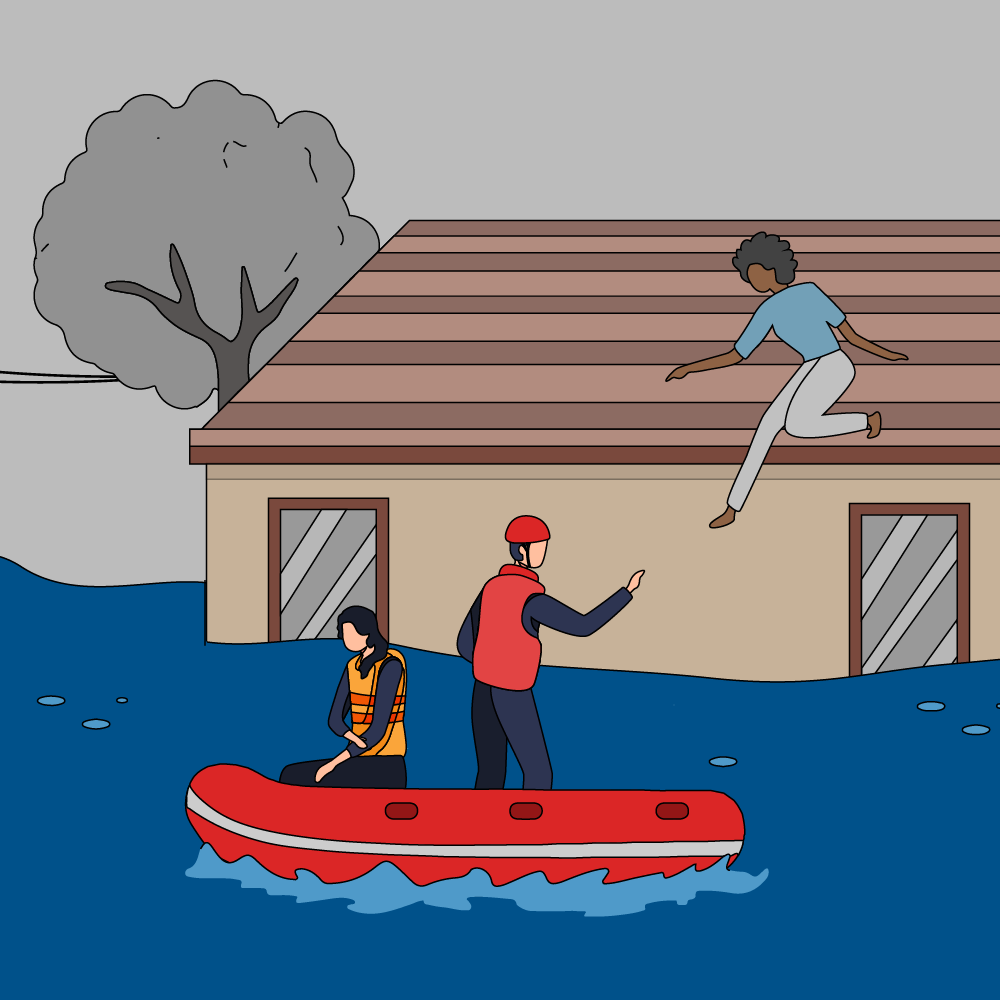There often are many rumors and scams after a disaster. Do your part to stop the spread of rumors by doing three easy things:
- Find trusted sources of information.
- Share information from trusted sources.
- Discourage others from sharing information from unverified sources.

Hurricane Rumor Response
Keep your community safe by being aware of common rumors about hurricanes Helene and Milton.
Review Rumors
Rumors

Learn more about common disaster scams and how to report fraud.
Use the dropdown menu to filter by the type of question or type in a keyword.

